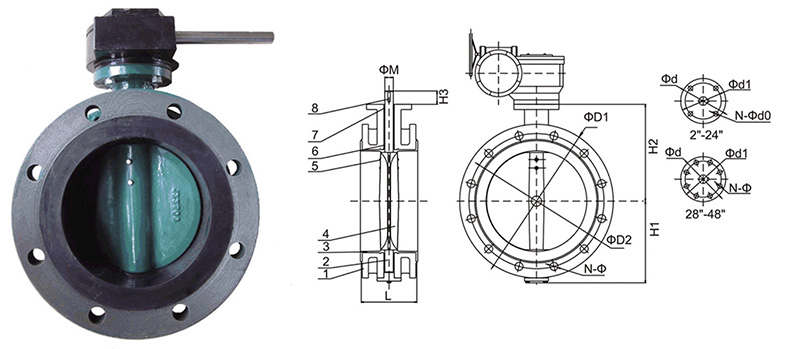നവം . 20, 2024 01:11 Back to list
water ball valve
Understanding Water Ball Valves A Comprehensive Guide
Water ball valves are vital components in various plumbing systems, industrial applications, and irrigation networks. Their primary function is to control the flow of water, making them an essential part of both domestic and commercial operations. In this article, we will explore the features, advantages, applications, and maintenance of water ball valves.
Features of Water Ball Valves
A water ball valve consists of a spherical disk (the ball) that has a hole in the center. When the valve is turned, the ball rotates, allowing or blocking the flow of water based on its position. The design offers several advantages
1. Robust Construction Most water ball valves are made from durable materials like brass, stainless steel, or PVC, ensuring longevity and resistance to corrosion. 2. Quick Operation The 90-degree turn mechanism allows for a swift open or close, making it easy to control water flow in emergency situations. 3. Minimal Flow Resistance The spherical shape of the ball allows for a smooth flow of water with minimal pressure drops, which is crucial for maintaining efficient water supply systems.
Advantages of Using Water Ball Valves
Water ball valves offer numerous benefits that make them preferable in many scenarios
1. Leak-Proof Performance When fully closed, ball valves create a tight seal that prevents leakage, even at high pressure. This feature is especially important in preventing waste and ensuring system integrity. 2. Versatile Applications Water ball valves can be used in various applications, from household plumbing and swimming pools to irrigation systems and industrial processes. Their adaptability is one of their key strengths. 3. Low Maintenance Unlike some other types of valves, ball valves require minimal maintenance. Regular checks are sufficient to ensure they function correctly, making them a practical choice for busy setups that cannot afford frequent downtime. 4. Safe Operation Many ball valves come with a straightforward handle operation, making them user-friendly and safe, even for those with limited technical knowledge.
water ball valve

Applications of Water Ball Valves
The versatility of water ball valves allows them to be utilized in a wide range of applications. In residential settings, they are commonly found in water supply lines, heaters, and garden irrigation systems. In commercial settings, such as laboratories and manufacturing plants, they regulate water flow in various processes, enhancing efficiency and safety. Additionally, ball valves play a crucial role in wastewater management, providing reliable control over water flow in treatment facilities.
Maintenance of Water Ball Valves
To ensure optimal performance, regular maintenance of water ball valves is necessary. Here are a few maintenance tips
1. Routine Inspections Check for signs of wear, corrosion, or loose fittings regularly. Early detection can help prevent more significant issues. 2. Lubrication Applying appropriate lubricants to moving parts can help reduce friction and extend the valve's life. 3. Cleaning Keep the valve clean and free of debris to ensure smooth operation. Dirt accumulation can hinder performance.
Conclusion
Water ball valves are indispensable tools in managing water flow across diverse applications. Their robust design, efficiency, and ease of use make them a favored choice in both residential and industrial environments. By understanding the features and maintenance of these valves, users can ensure optimal performance and longevity, making them an integral part of any water management system. Whether you are a homeowner, plumber, or industrial operator, knowing about water ball valves will help you make informed decisions for your projects.
Share